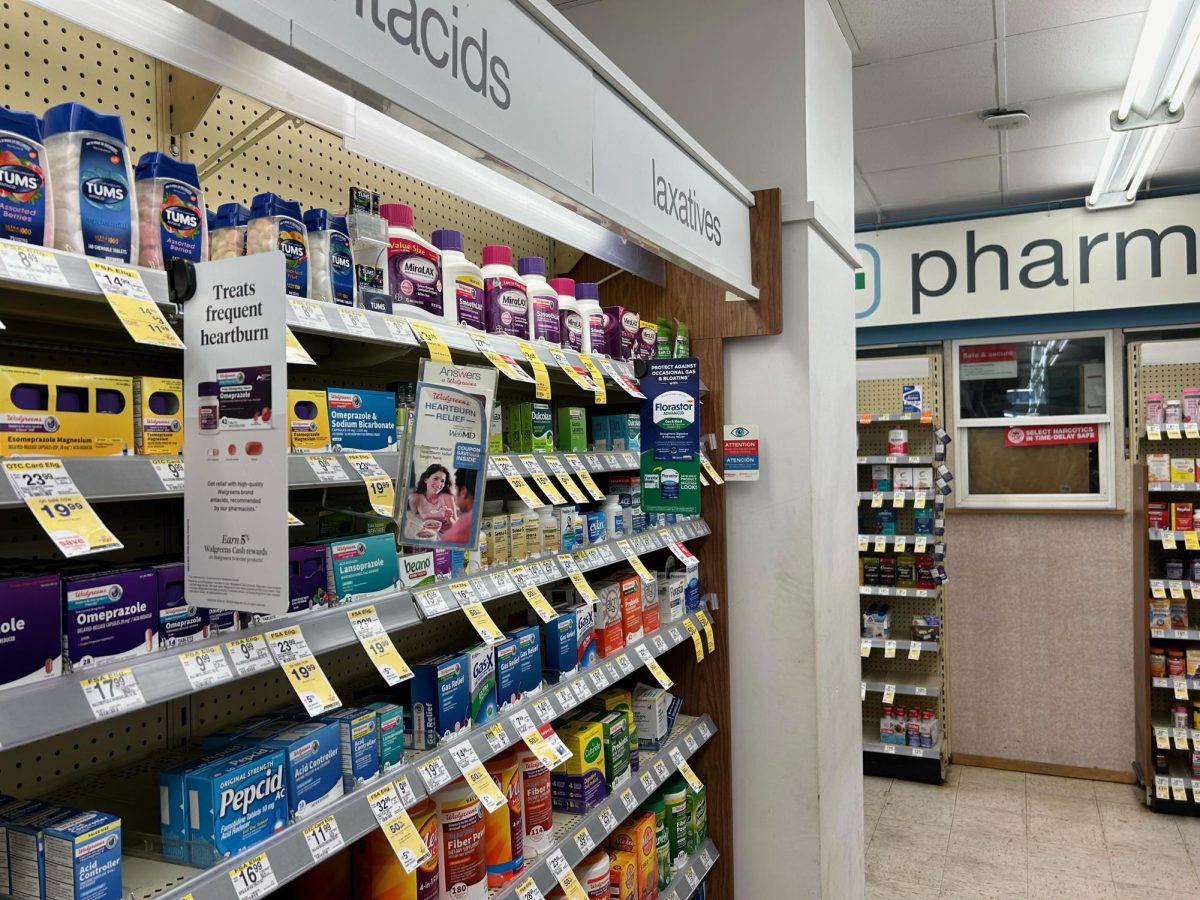Monster energy drinks have been linked to five deaths and one heart attack over the past year by the Food and Drug Administration.
The FDA is investigating the company to see what further action should be taken.
The energy drinks themselves have often been the subject of scrutiny because of their sugar content and high caffeine. Manufacturers are not required to print the amount of caffeine, unlike sugar or calorie content.
Robert Fitts, a Marquette professor of biology, said dietary supplements should have to be FDA approved.
“The caffeine content and other ingredients (such as sugar content) should be on the label,” Fitts said in an email. “The claims made by the producers of these drinks should be regulated. The caffeine content of the drink Monster is apparently 240 mg, compared to a can of soda that contains 35 mg of caffeine.”
Fitts said that although only five deaths have been linked to Monster, the FDA should look at all the data and see if it could find any links to high caffeine drinks. He said a correlation between two things doesn’t necessarily mean one caused the other.
“If significant correlation is found, then studies would need to be undertaken to see if there was an actual mechanism whereby high levels of caffeine triggered a particular health condition,” Fitts said.
According to the Substance Abuse and Mental Health Service Administration, the number of emergency room cases related to energy drinks went from 1,128 to 13,114 between 2005 and 2009. He said that if the statistic is true, there needs to be more research on the topic.
Dale Schoeller, a professor of nutritional sciences at the University of Wisconsin-Madison, has not decided if there is a relationship between high levels of caffeine and death.
“My mind is not yet made up, but a relationship is possible,” Schoeller said in an email. “While consumption of a single unit of an energy drink is unlikely to be linked with a death, consumption of multiple units or when taken in combination with other stimulants, or with alcohol dramatically increases the risks.”
Schoeller said these drinks, when taken in excess or combined with other stimulants can cause an increased heart rate and alterations in the metabolism that could cause heart problems and death.
“Students should be aware of the potential for lethal consequences, but more importantly they should be aware of consequences of using energy drinks as a means to ‘get by’ with too little sleep,” Schoeller said. “Insufficient sleep causes changes in metabolism that increase the chances for chronic disease.”
Shelly Burgess, a spokeswoman for the FDA, said the agency is looking into the five reports of death and one report of a nonfatal heart attack possibly associated with Monster.
Burgess said there is no evidence of a link.
“We didn’t just begin to look into these (reports),” Burgess said. “We have been since we received the first report back in 2004.”





